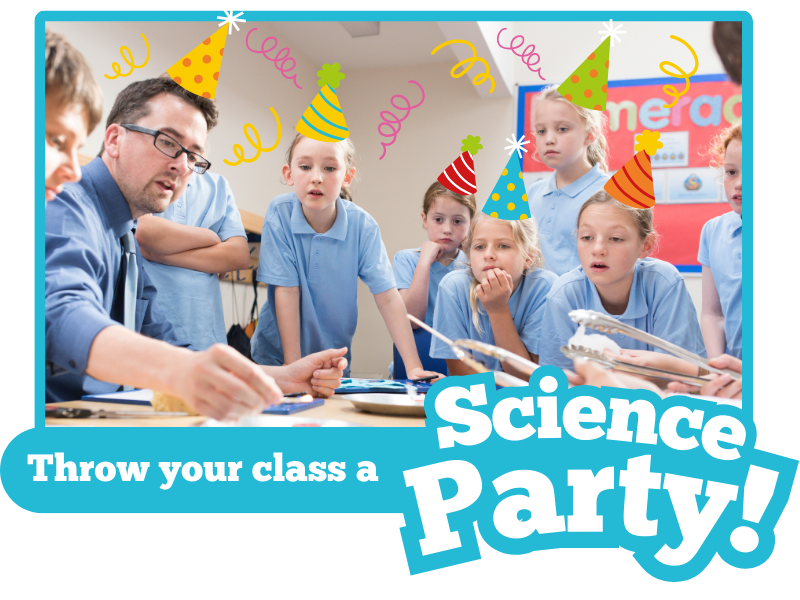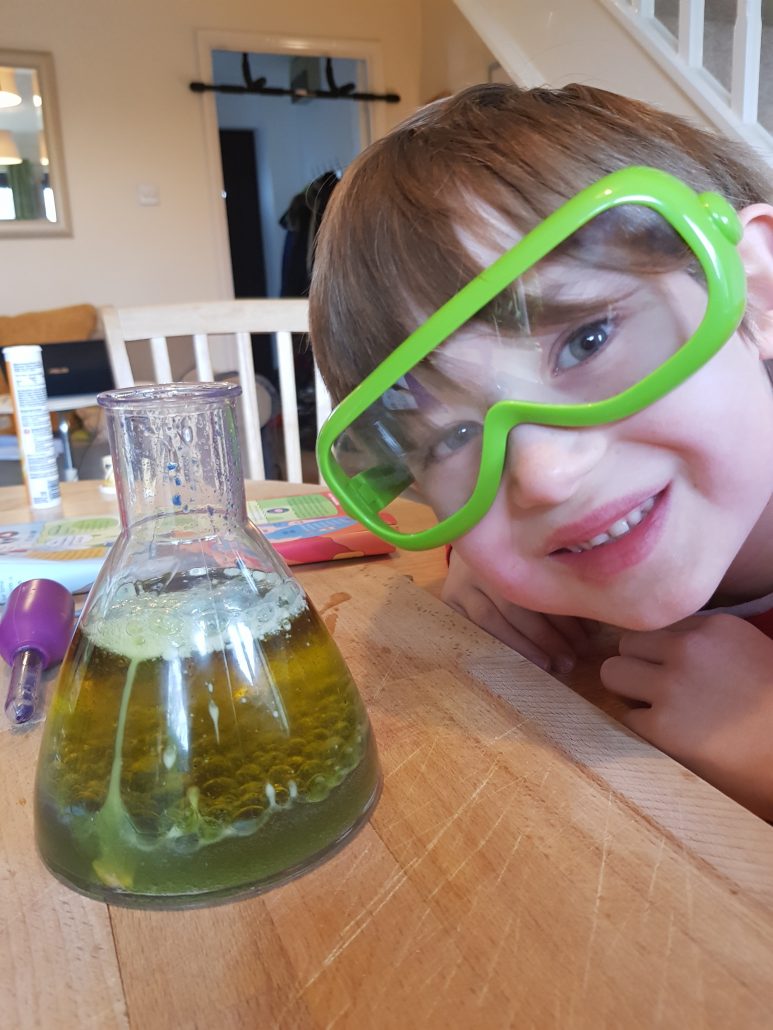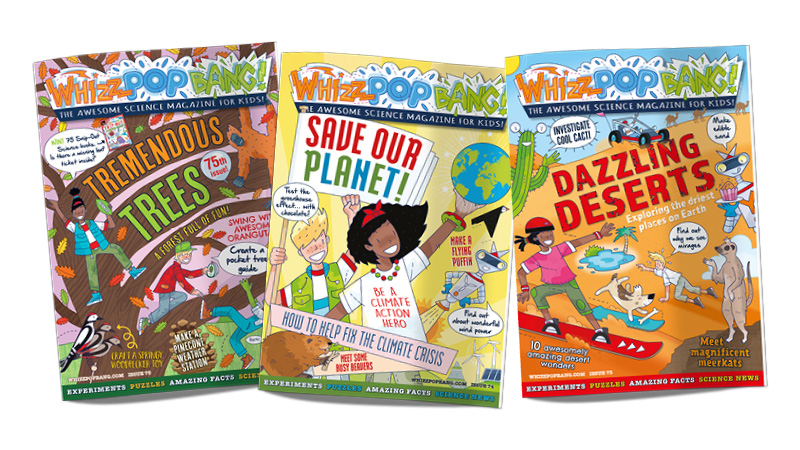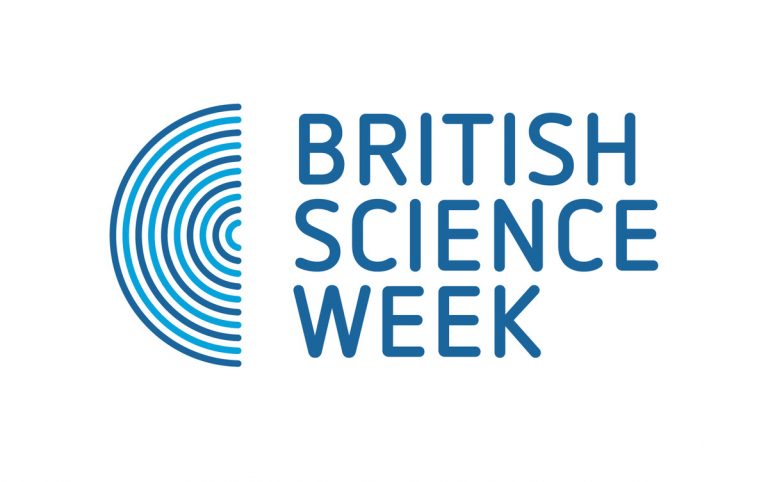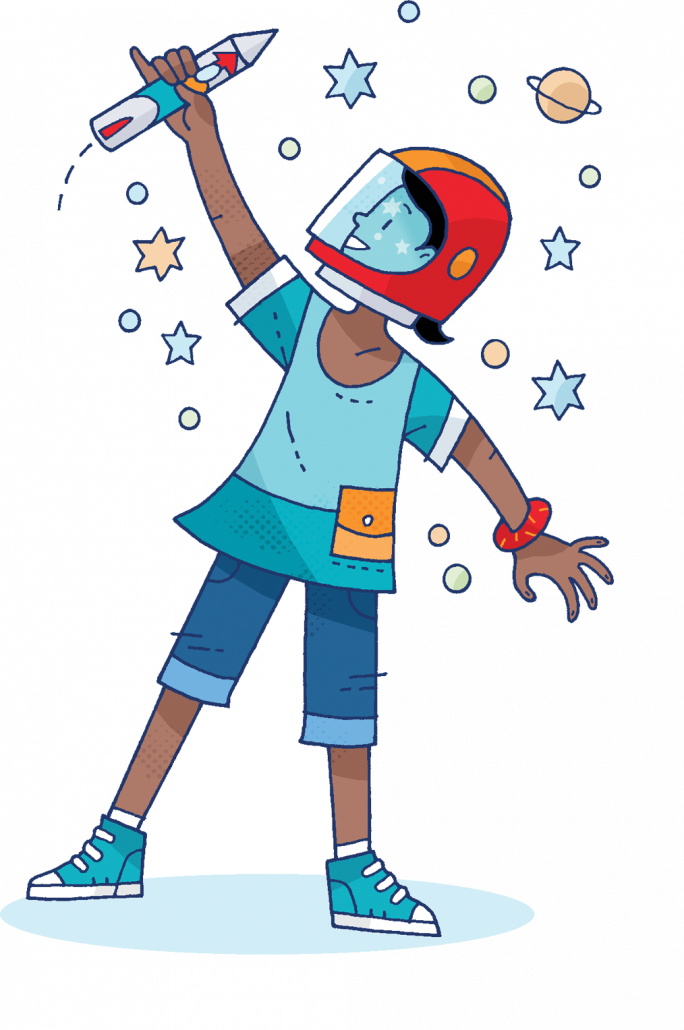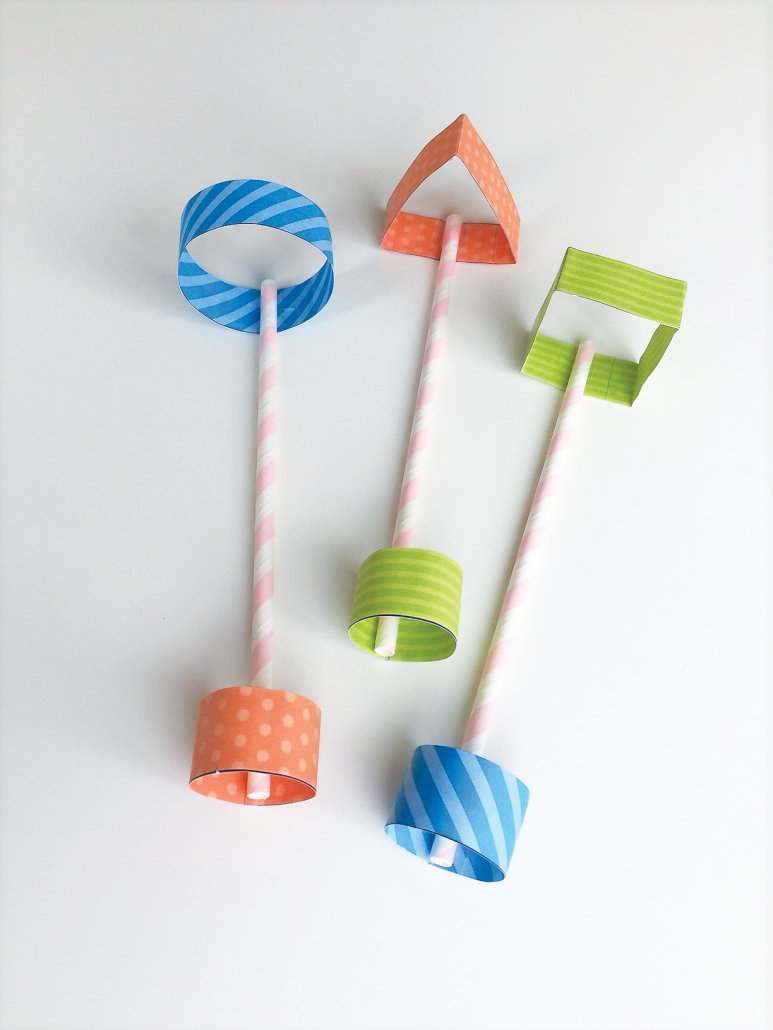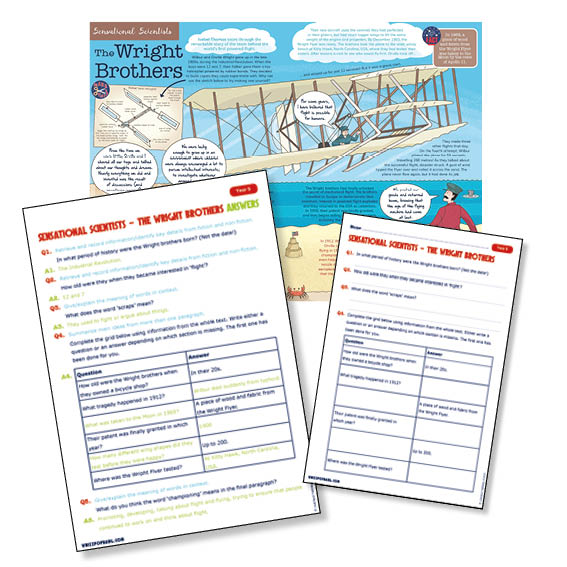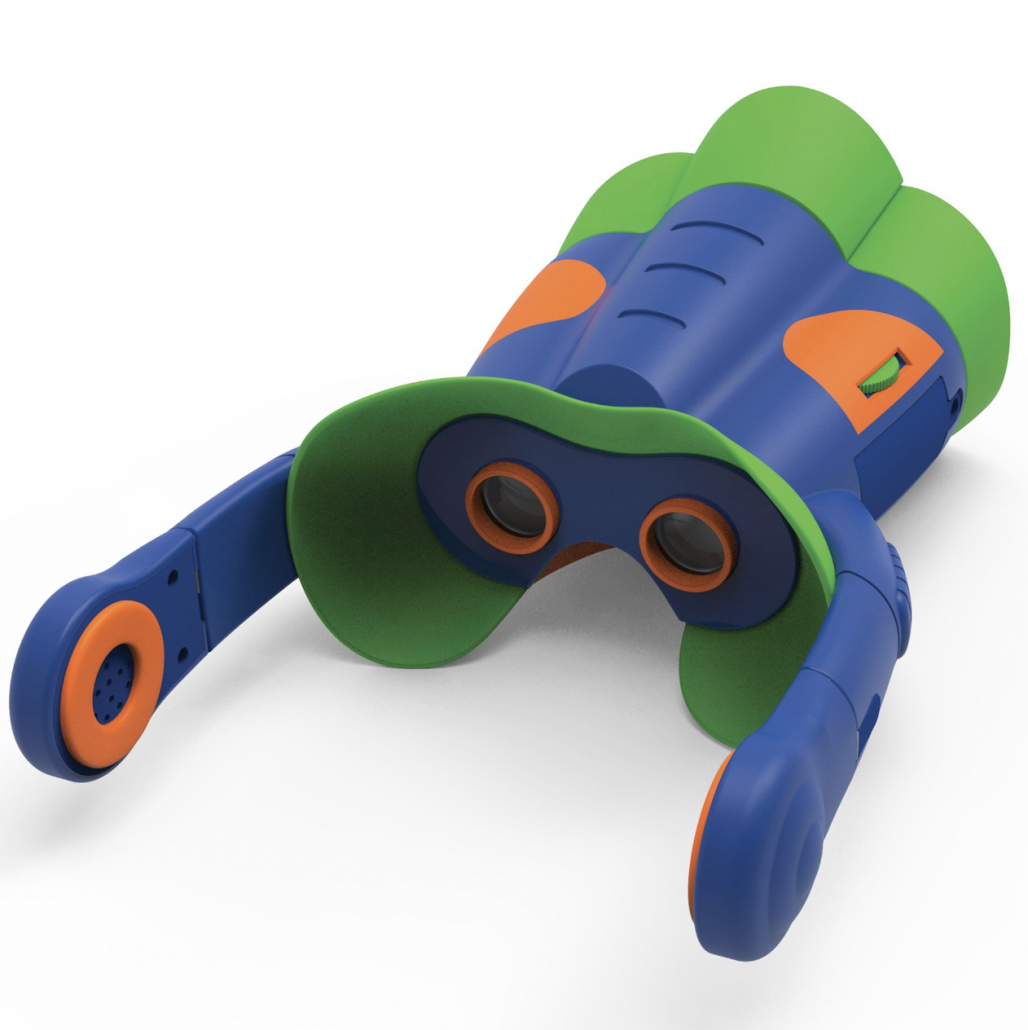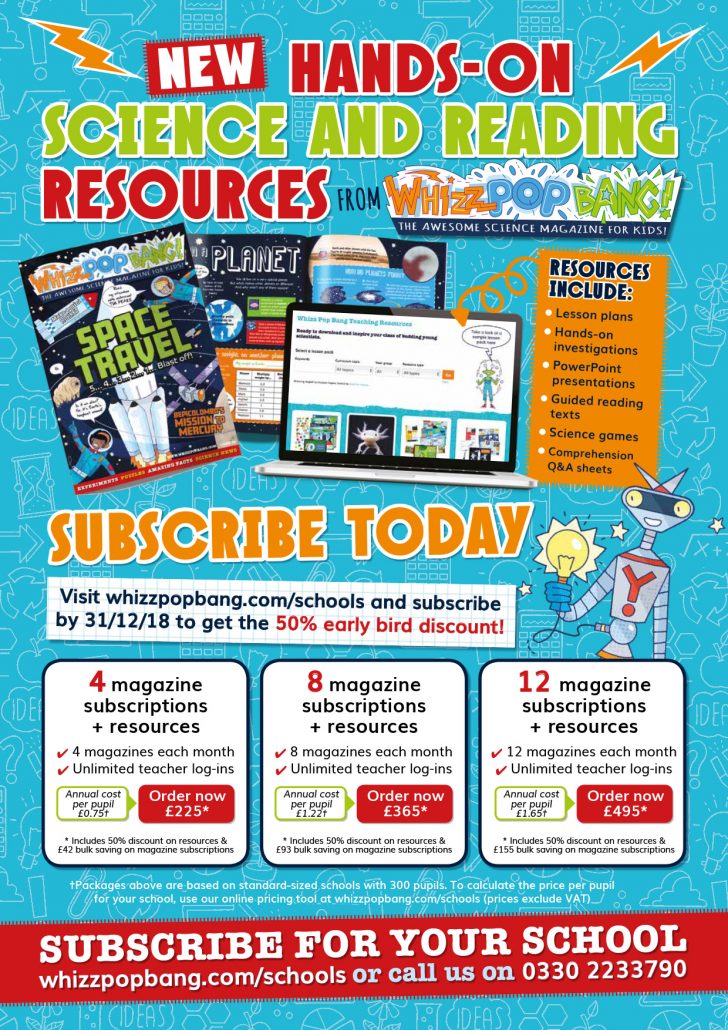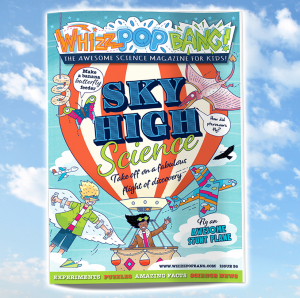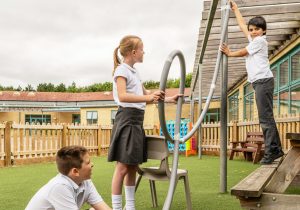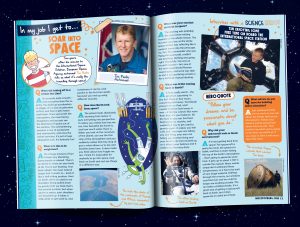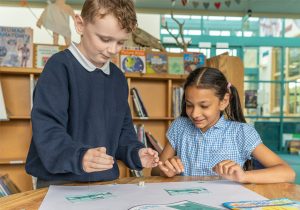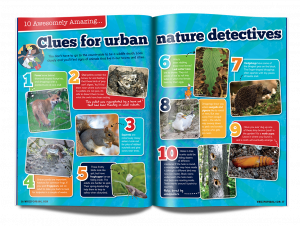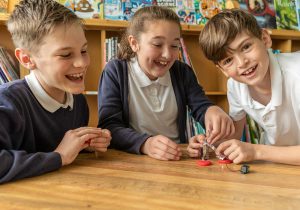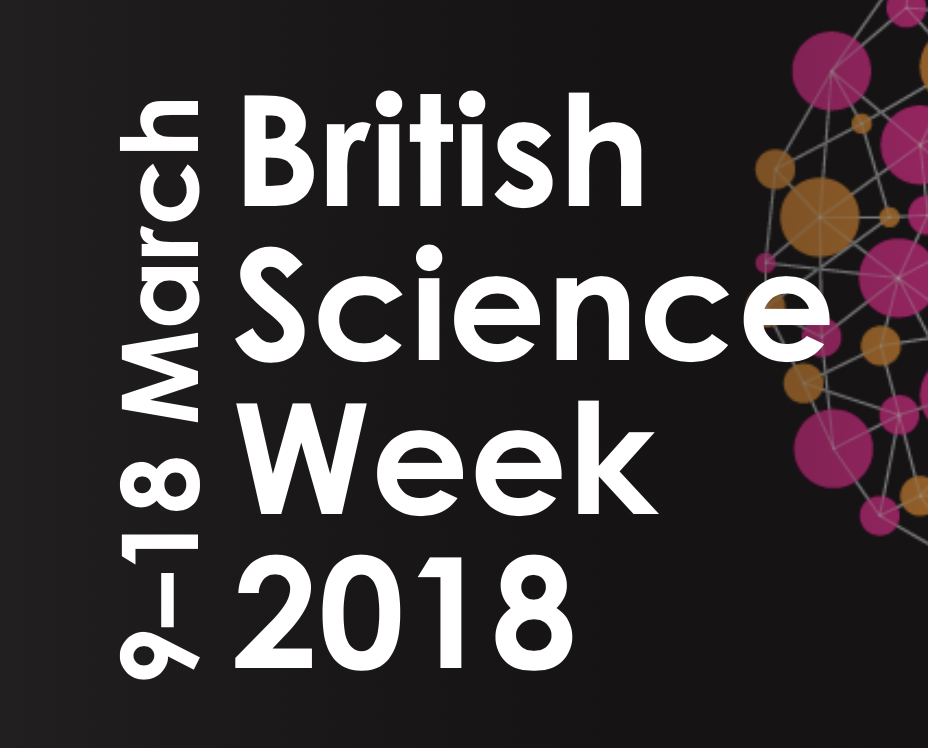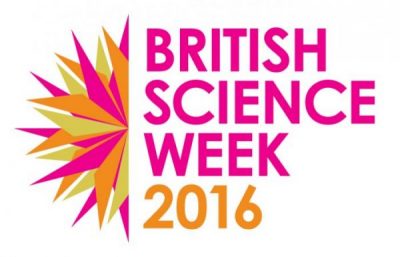Are you looking for fun and simple British Science Week activities to celebrate this year’s theme, “Change and Adapt”? We’ve got you covered with a FREE science resource pack filled with hands-on experiments that your class will love!
Why ‘Change and Adapt’ is a Brilliant Theme
This year’s British Science Week theme encourages children to explore how things change in the world around them—whether through chemical reactions, forces, materials, or biological adaptation. It’s a fantastic opportunity to tie science into your curriculum in a way that’s engaging and memorable.
Free School Resources Pack – Throw A Science Party In Your Classroom!
To help you plan a curiousity-awakening, exciting (and most importantly, stress-free) British Science Week, we’ve got an amazing science freebie for you: a FREE ‘Science Party’ pack packed with six exciting experiments designed for KS1 and KS2. These hands-on activities will spark curiosity, encourage problem-solving, and bring science to life!
What’s Inside the Science Party Pack? 🎉
Each experiment explores the “Change and Adapt” theme through fun, interactive investigations that are easy to set up:
🟢 Making Chromatography Decorations – Explore how colours separate and create beautiful patterns! A perfect mix of art and science.
🔵 Bed of Pins Balloon Experiment – Discover how forces work by testing whether a balloon can survive being pressed against a bed of pins!
🟠 Fizz Pop Bang Edible Powder – Experience chemical reactions that you can taste!
🟣 Static Slime – Investigate static electricity while making an ooey-gooey slime that moves with an electric charge!
🟡 Magic Colour-Changing Icing – Learn about acid-base indicators in a fun and edible experiment that will leave your class amazed!
⚪ Incredible Invisible Ink – Uncover secret messages using simple kitchen ingredients—just like a real scientist (or spy)!
Each activity is easy to set up with minimal resources, making it perfect for busy teachers who want maximum impact with minimal prep!
Like all of Whizz Pop Bang’s science teaching resources, the science behind each activity is explained in simple, age-appropriate language, making planning and teaching these fun lessons an absolute breeze.
PLUS Here’s an Amazing Offer on School Subscriptions and Downloadable Resources!
Save 20% on our school subscriptions and downloadable resources for the first year as well as our school bundles. Simply add code SCIWEEK25 at check out.
How to Make British Science Week Unforgettable
British Science Week is the perfect opportunity to ignite a love for STEM in your classroom. Whether your pupils are experimenting with chemical changes, forces, or electricity, our Science Party Pack will keep them engaged and excited.
Discover more ideas for how to make British Science Week go with a bang in 2025!
Let’s make British Science Week 2025 a celebration of curiosity, discovery, and fun! 🚀

